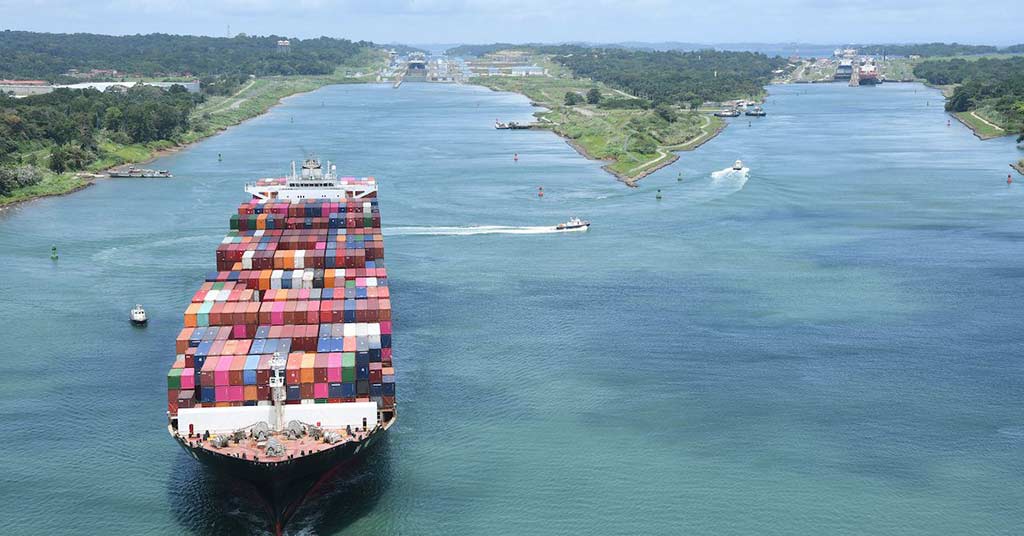Welcome To ChemAnalyst

The Panama Canal, which serves as a critical link between the Pacific and Atlantic Oceans, holds the distinction of being one of the world's busiest maritime passages. However, climate change's adverse effects have become evident, manifested in diminishing water levels that are contributing to a significant congestion crisis near the canal. Recent reports reveal that more than 200 ships have found themselves stranded on both sides of the Panama Canal, caught in an unprecedented traffic logjam that shows no immediate signs of abating.
A viral post that gained traction on X (formerly Twitter) brought attention to this dire situation. WayneTech SPFX, a former private investigator, shared the alarming news via social media, asserting that certain vessels have remained marooned for over three weeks. The post emphasized that the root cause of this maritime impasse lies in an unprecedented drought gripping Panama. The canal is intricately dependent on rainfall to replenish its water sources, making the scarcity of rainwater a significant hindrance to the fluid movement of ships.
Amidst the frustration and delay, the Panama Canal Authority has seemingly prioritized heavier and larger ships, a strategy that could potentially disrupt supply chains and elevate prices due to the bottleneck.
Local authorities have taken actions that have exacerbated the situation, resulting in further complications. Observers, including Peter Sand, the chief analyst at Xeneta, an entity specializing in the analysis of ocean and air freight markets, have highlighted the lack of maneuvering space to accommodate additional ship transits. The constraints are evident, leaving minimal room, if any, to accommodate more vessels in the already constrained flow.
The dwindling water levels have additional consequences, forcing ships to reduce their cargo loads due to the canal's reduced capacity. An example of the declining water levels is Lake Gatun, a crucial water body that supplies the canal with water. Reports indicate that the lake's depth has plummeted to a level not seen in seven years. Alarmingly, projections anticipate that the water level will remain below the five-year average, extending until the end of October, even with Panama's rainy season underway.
The urgency of the situation has compelled suppliers to explore alternative routes to navigate around the current dilemma. Utilizing trains to transport cargo initially offloaded by ships on the US West Coast has become a necessity, indicative of the lengths to which companies are willing to go to overcome this predicament.
The ramifications of this situation stretch far beyond the realm of maritime traffic. The Panama Canal plays a pivotal role in global trade, accounting for a staggering 40 percent of all US container traffic. If the current situation persists without a prompt resolution, the repercussions could reverberate well beyond North American shores, affecting supply chains and trade networks on a global scale.
We use cookies to deliver the best possible experience on our website. To learn more, visit our Privacy Policy. By continuing to use this site or by closing this box, you consent to our use of cookies. More info.
